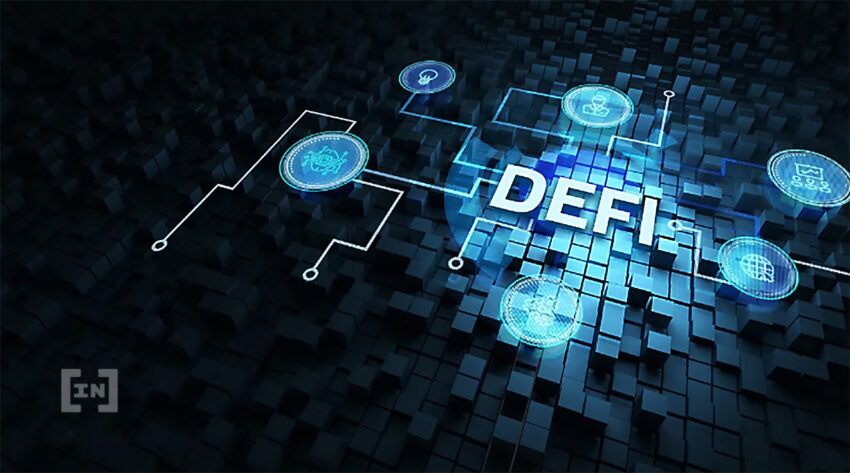Several of the largest decentralized finance (DeFi) projects, though surviving the crypto winter, have been forced to solicit funds from their own decentralized autonomous organizations.
Aave actions
Aave Companies, the developer behind the largest DeFi lending project, requested retroactive compensation for the successful development and deployment of V3 of the Aave Protocol.
In a post on the governance boards, the developer requested $15 million for incurred work over the course of a year and $1.28 million for audits, for a total of $16.28 million.
While the vote officially closes today, it had already achieved the quorum necessary for approval. According to a proposal, this marks the first time the development team ever asked for money from the DAO. Currently, its liquid assets stand at $378 million, down from over $800 million in April.
“As the Aave protocol has grown into what it is today, costs associated with development have risen substantially,” the proposal said.
“Building an innovative, secure and battle-tested version of a protocol such as Aave V3 requires experienced builders across a variety of skill sets that are fairly compensated for their work.”
Lido DAO
Meanwhile, the DAO for Lido Finance, another one of the biggest projects according to the total value of crypto locked on the platform, also recently approved a financing proposal.
Following several rejected proposals brought before the community, Lido DAO agreed to raise $10 million through the sale of its native token to venture capital firm Dragonfly Capital. According to the proposal it will similarly cover two years worth of expenses.
“Candidly, we moved too slowly,” said Jacob Blish, head of business development at Lido Finance. Remarking on the project’s failure, Blish acknowledged that Lido had focused on everything else but managing its money in the middle of the bull market, and failed to anticipate the consequences of the crisis earlier.
Over the past year, the value of Lido DAO’s liquid assets dropped to around $344 million from about $800 million.
DeFi projects under attack
Meanwhile, as DeFi projects have taken a hit from the market, they still remain unsafe from hackers. Earlier today, DeFi project New Free DAO lost over $1.25 million in a flash loan attack, according to PeckShield, causing the price of the NFD token to plummet over 99%.
The attacker has made away with $1.25 million worth of BNB and has swapped it for BSC-USD. Flash loan attacks are a popular means of attack in the DeFi space, since they are comparatively easy to execute.
Disclaimer
In adherence to the Trust Project guidelines, BeInCrypto is committed to unbiased, transparent reporting. This news article aims to provide accurate, timely information. However, readers are advised to verify facts independently and consult with a professional before making any decisions based on this content. Please note that our Terms and Conditions, Privacy Policy, and Disclaimers have been updated.


